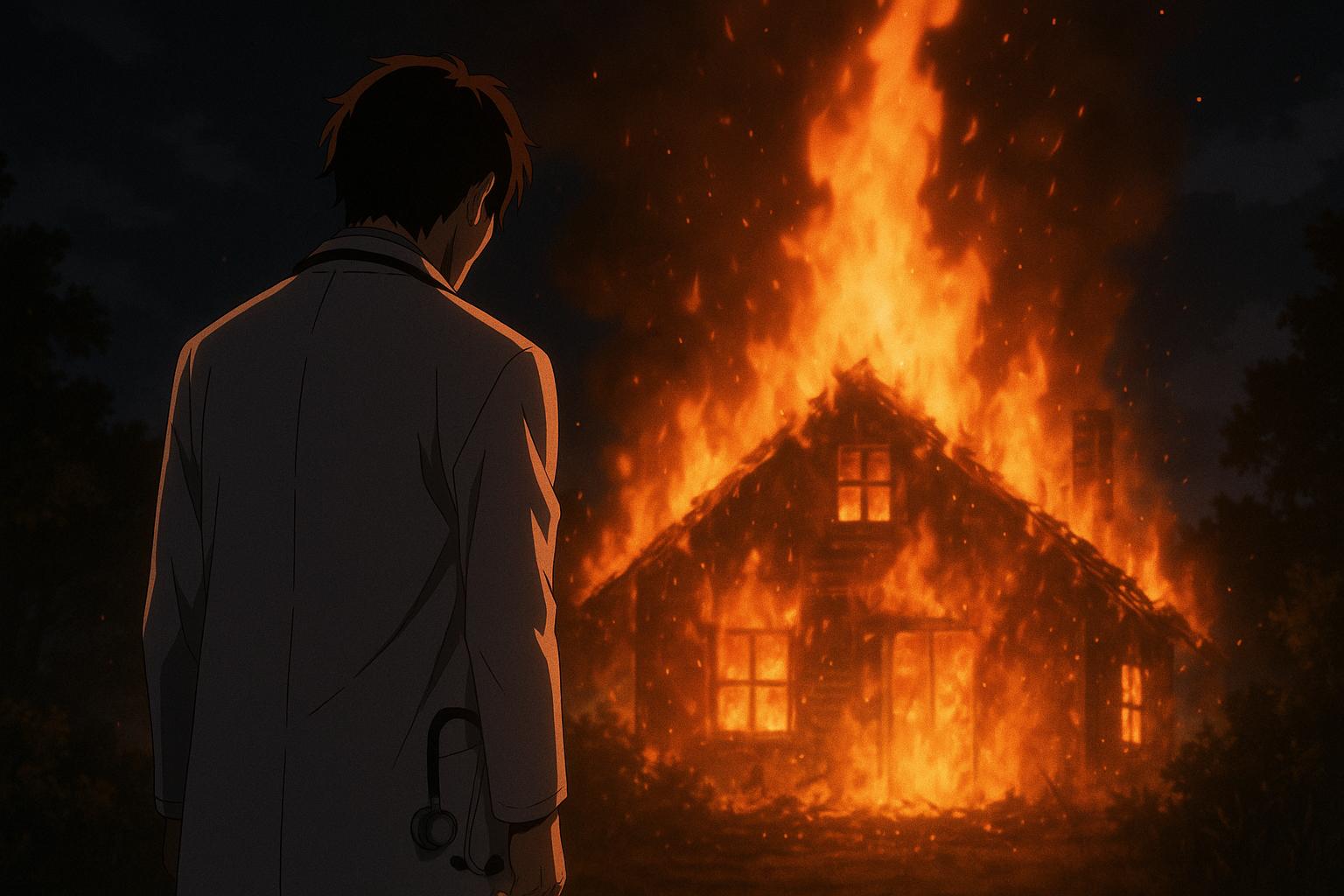On the night of October 15, 2012, a tragedy struck in Harlow, Essex, that would leave an indelible mark on the local community. As flames engulfed the Shakoor family home, Dr Abdul Shakoor, the resident and a distinguished doctor, managed to escape through an upstairs window. Tragically, he was unable to save his wife, Dr Sabah Usmani, and their five children—Hira, Sohaib, Muneeb, Rayyan, and Maheen. The fires, which spread to a neighbour’s vehicle, are believed to have been deliberately set. Despite the scale of the investigation, dubbed Operation Shakespeare, the case remains unsolved, leaving a profound void not only for Dr Shakoor but for an entire community yearning for closure.
In the years following the horrific event, the Essex Police launched one of their most extensive inquiries, but all arrests and appeals, including a £20,000 reward offered through the BBC's Crimewatch programme, failed to yield leads that would lead to charges. Dr Shakoor, the only survivor of that fateful night, articulated his ongoing grief and desire for justice, stating, “We have been waiting for a long time for justice; it impacts not only myself but an entire community.”
In October 2024, marking twelve years since the tragedy, Detective Chief Inspector Louise Metcalfe reaffirmed the police's commitment to resolving the case. Emphasising community involvement, she urged anyone with information to come forward, highlighting the possibility that vital answers could still be hidden within Harlow itself. The police have stressed that the investigation continues to be active, and the hope remains that emerging information could lead to breakthroughs in the case.
This tragic incident is more than just a crime; it reflects deep scars within the community of Harlow. Throughout the years, numerous public appeals have underscored the collective grief experienced by those who knew the Shakoor family. The ongoing search for justice has also prompted discussions within the community about the importance of vigilance and resilience in the face of violence. Local initiatives have sought to foster a stronger communal bond, encouraging individuals to assist one another and support victims of crime.
In a poignant reflection of his journey, Dr Shakoor participated in interviews that captured the heartbreak of his losses. A notable segment aired on a BBC Essex programme, where he not only spoke about the devastation of losing his family but also the struggle for answers that has plagued him over the years. His narrative serves as a reminder of the human cost of unsolved crimes, evoking a sense of shared responsibility within the local community to bring the perpetrators to justice.
The new five-part BBC Local podcast, titled "Who Killed the Shakoors?", delves into the murky waters of the investigation. It seeks to provide an avenue for Dr Shakoor's story to resonate with new audiences while shedding light on aspects of the case that have not been previously disclosed. In doing so, it invites listeners to reflect on the broader implications of unresolved tragedies and the lasting effects they have on individuals and communities alike.
As the search for justice continues, the story of the Shakoor family remains an open wound, compelling the community to confront its past while advocating for a future where such tragedies can be averted. The voices of those lost, and the resilience of their surviving family members, serve as a poignant reminder of both the fragility of life and the enduring pursuit of justice.
Reference Map
1: Paragraphs 1, 2, 3, 5
2: Paragraph 2, 4
3: Paragraph 3, 5
4: Paragraph 4
5: Paragraph 5
6: Paragraph 5
7: Paragraph 5
Source: Noah Wire Services
